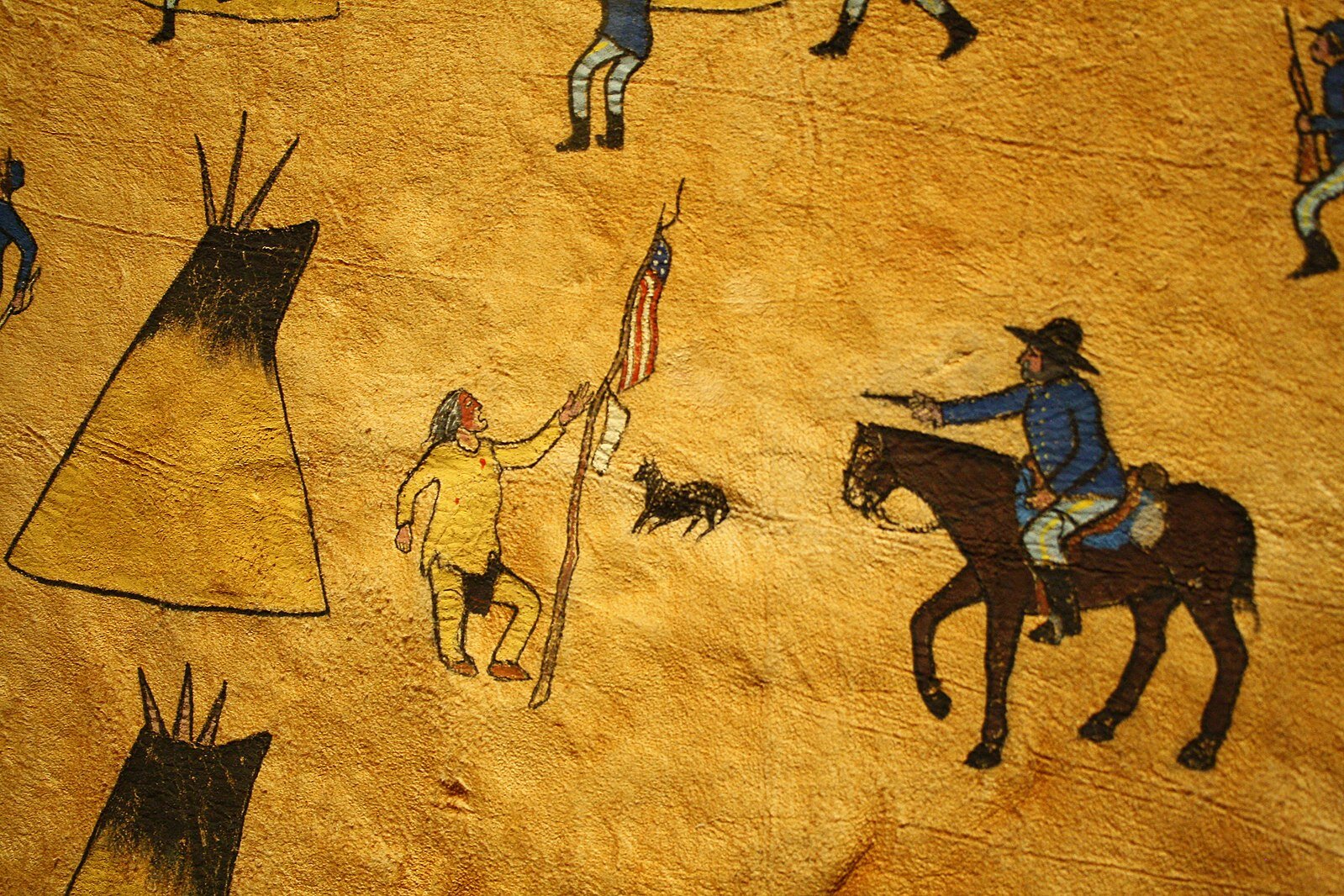One of the most important abilities of the human mind is the ability to “tune out” sensory information that is constant and ongoing. This allows the mind to respond to new information. Examples include scent and sound. If you smell something new, you notice it, but after a while your mind tunes it out, whether it is pleasant or unpleasant. After a while, people cannot smell their own body odor. If you hear something new, your mind pays attention to it, but after a while it is relegated to “background noise.” People often literally do not hear the barking of their own dogs. We call this sensory adaptation. It is one of the basic concepts I taught in general biology classes.
Sensory adaptation may be a property of minds in general, not just human minds. It is certainly true of other mammals, such as dogs that do not react to their masters’ presence, or birds that get used to you when they build their nests near your patio. You can even find examples of it on the level of single-celled organisms that respond to their environments but do not have what we would call minds. And it might also prove to be an important part of AI (artificial intelligence). A mind, even an artificial one, would “go crazy” and stop working if it reacted to every bit of information as if it were new and important.
And pain.
After a while, a person can often begin to ignore chronic pain. Pain exists for a reason. It is a body’s way of telling us, don’t do that. My painful knee tells me that I should give it a rest and let the tendon heal up. But my brain mercifully allows me to ignore this pain except when I am actually moving and need to be reminded. Pain is important, but it should be modulated by sensory adaptation. Let us call it mental adaptation, since it does not depend on actual sensory input.
But, according to Christian fundamentalists, there is one exception. Hell. They believe that Hell is unending, infinite pain, especially the Fires of Hell, but maybe all other kinds of pain as well. This picture is not consistently found in the Bible; for example, Job 10:21-22 talks of the afterlife (for both good and evil people?) as endless darkness. If mental adaptation is a characteristic of minds in general, including the alert minds of souls suffering in Hell, then after the souls have been in Hell for a while (a week? A century? But who’s counting?) their minds will at least partially tune out the suffering. That is, if they have minds at all, the damned souls should begin to adjust to the fires and tortures of Hell.

But fundamentalists insist that the pain and suffering of Hell are not only infinite and endless, through all eternity, but that you remain infinitely conscious of the exquisite pain during that entire time (so to speak; time does not exist in Hell, I suppose). But for this to occur, God would have to specifically create a miracle to suspend mental adaptation. The Bible makes mention of no such miracle. The fundamentalists just made it up.
Why would fundamentalists insist that the pain of Hell not only continues forever, but remains as fresh as the day it started? How could a God of infinite love specially create minds that are unable to ever tune out pain? Would such a God want souls to suffer as exquisitely in Hell after a million years as they experienced the first day? What kind of God would this be? Yet this is the image of God that fundamentalists offer to us.
The reason fundamentalists insist on this is that they want to make themselves infinitely deserving of our obedience to and reverence of them. To them, specifically, by giving money. If people began to suspect that Hell might not be so bad after a few centuries, they might not let the big fundamentalist churches tell them how to live or give the churches their money. It is not faithfulness to God, but to the evangelists Themselves, that is threatened by the concept of mental adaptation.
By the way, the same thing would apply to the pleasures of Heaven. You would think that, after a few million years, the blissful souls would start to get bored. Flying around on cloud banks and playing harps might be oodles of fun for, say, a couple of thousand years. This idea was elaborated by Mark Twain in Captain Stormfield’s Visit to Heaven.
One of the characteristics of religion is that it creates little artificial worlds of thought that are impervious to any outside evidence. Only within such an artificial world would rich evangelists be able to get people to give them money regardless of what they say or do.


